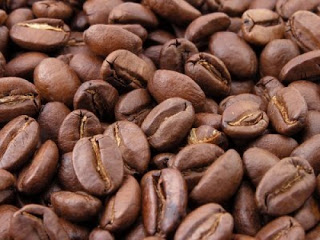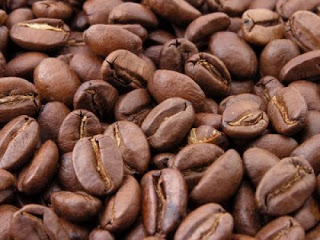Antioxidants first became known to the general public as "anti-aging elements". Although this is a generalization as a factor alone can not be responsible for aging, but it is based on the property of antioxidants to fight oxidative stress or otherwise neutralize free radicals. And if you are confused by scientific concepts, just keep in mind that free radicals can harm the body and antioxidants prevent this.
The human body has endogenous antioxidant mechanisms but antioxidants are also received exogenously from our diet! Vitamin C, vitamin E, vitamin A and the phenolic compounds found in many fruits and vegetables are some of the antioxidants. A drink that contributes greatly to the daily intake of antioxidants that one should take is coffee!
This is because coffee is an integral part of our daily lives. Consider that instant coffee contains, depending on the variety of coffee at a time, 300 - 550mg of antioxidants per 2g which is the usual portion of consumption. When it comes to frappe, the antioxidants reach 860mg since the amount of coffee used is twice as much.
But how do polyphenols enhance cardiovascular health? Surely you have heard of the so-called "bad" cholesterol. It, as it circulates in the blood, can be affected by the free radicals mentioned earlier. The result is that it changes shape and, along with other phenomena that take place, settles on the artery wall.
Thus, a plaque is slowly built that narrows the artery, possibly leading to its obstruction, which means, in severe cases, a heart attack and a stroke. As you can see, by taking the necessary antioxidants from our diet, our defense is able to better shield cholesterol from its oxidation!
Chlorogenic acids are one of the phenolic compounds in coffee. They have been found to have a positive effect on blood pressure, inflammation and thrombosis. Conditions that each trigger the occurrence of heart attacks in a different way.
Regarding the contribution of coffee to the induction of cardiac arrhythmias, both epidemiological and clinical studies fail to confirm this. Research has shown that taking high doses of caffeine (approximately 500mg) did not increase ventricular (cardiac) arrhythmias. In a different study of patients aged 39-79 years who already had ventricular tachycardia, no changes in their arrhythmias were observed before and after taking 275 mg of caffeine. Caffeine also did not cause a significant increase in catecholamines (hormones that may cause arrhythmias) and this increase was not associated with arrhythmias. Thus a moderate intake of caffeine (5-6 cups of 2g of coffee per day, about 500mg of caffeine) is considered unlikely to cause arrhythmia in people who are not prone to the effects of caffeine. For more specific health conditions, it is advisable to consult your doctor about the amount of coffee you can consume.
So coffee, through various studies has shown that it can have a more general beneficial effect on various issues related to our health. However, research continues to try to identify the mechanisms behind the action as well as the extent to which these benefits are manifested. Until then, each of us continues and enjoys our favorite coffee… and our luck can work!
Andreas Pierre / TRUTH

